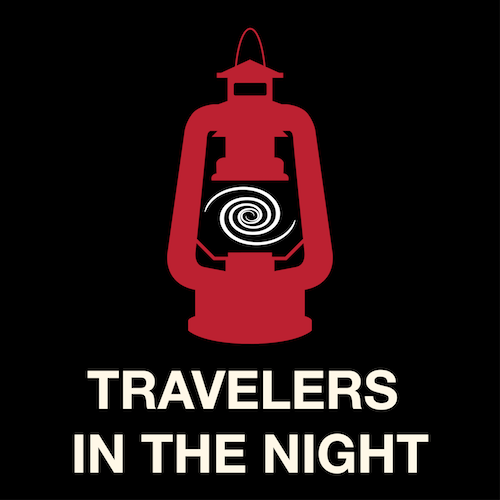Centaurs have long puzzled astronomers since they have traits in common with both asteroids and comets.


Centaurs have long puzzled astronomers since they have traits in common with both asteroids and comets.

A story about asteroid hunting in the constellation of Aquarius & how objects and structures in the early Universe became nearby clusters of galaxies

Greg Leonard discovered an asteroid which could be visited by human astronauts. Eric Christensen discovered 3,000′ diameter PHA 2017 CH1.

Bye bye Comet C2 2015 V2J which discovered by Jess Johnson & won’t be coming back. Also mission to test growing tomatoes in Lunar & Mars.

Today’s Travelers in the night discuss about why we must study the climate more, not less. And Carson Fuls discovery of asteroid 2017 AG13.

2016 was another record year for asteroid hunters where they discovered 1,894 new Earth approaching objects. And large space rock can approach the Earth & appeared as a bright star

Let’s take a fast-paced journey thru all that’s new in space and astronomy, including a potentially killer asteroid, a new look at the history of Earth’s water, and a mini-quasi-moon.

Today Travelers in the Night tell us stories about ALMA imaging protoplanetary disk & The Moroccan Oukaimeden Sky Survey discovery of asteroids & comets.

The world veers towards madness, asteroids threaten destruction and Gaia is no more. But the planets are putting on a show and Pluto is 95, so that’s alright…

Micrometeorites can be collected from a roof’s gutter! And another story about what would happen if a large impactor hit our oceans.